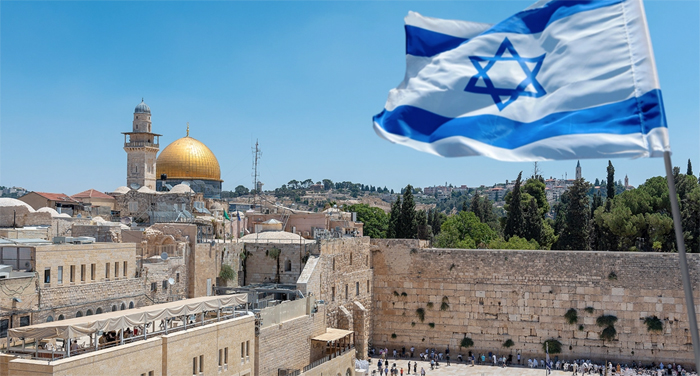
The Religious Zionists of America-Mizrachi (RZA), the umbrella movement for religious Zionism in North America, took the lead in convening 350 Diaspora rabbis and community leaders together to petition the Israeli government to re-open the country’s borders to their communities as expeditiously as possible. The participating leaders come from more than 28 countries across the worldwide Mizrachi movement, including communities in Australia, the United Kingdom, Canada, Mexico and the United States, among others.
In the letter, which was delivered Thursday to both Israeli Prime Minister Naftali Bennett the rabbis and communal leaders expressed recognition and understanding for Israel’s need to maintain safety precautions while also forewarning of the impact that shuttering Israel’s borders will have on the relationship Diaspora Jewry will have with the Jewish State for years to come.
“We represent communities that not only visit Israel but are the source of extremely significant support for our homeland. Many of our members move to Israel, all of our members advocate for Israel with their elected officials, it is the norm that our children study in Israel, and many go on Aliyah and serve in the IDF…” the rabbis wrote in the letter.
“While we understand and appreciate the government’s commitment to keeping the residents of Israel safe from the virus, we feel that special consideration should be taken into account when it comes to decisions about closing the border to our communities,” said RZA Executive Vice President Rabbi Ari Rockoff. “Since 1897, Diaspora Jewry has been the most powerful force in contributing to what would eventually become and currently is the state of Israel. We ask that Israel’s government recognize our partnership and commitment to our brothers and sisters in Israel and take that into account when adjusting border policies.”
The letter acknowledged the understanding and need for rigorous testing protocols and vaccination standards for entry. It also highlighted how many of the communities represented have been at the forefront of vaccinations and are already used to following rigorous PCR testing protocols, masking when medically advised, and quarantine and isolation as prescribed by their local health officials in line with best practices worldwide.





